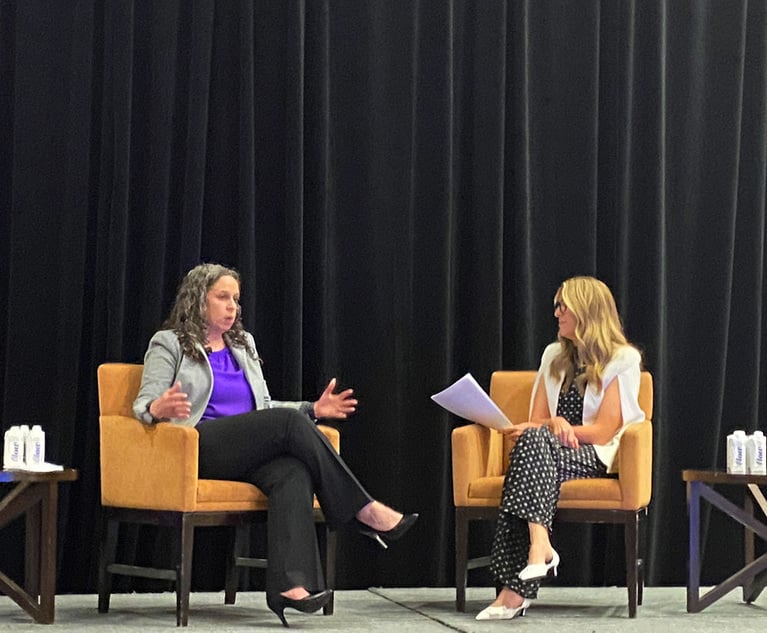Imagine one of your lawyers is drafting a non-disclosure agreement. The agreement is standard, will likely have little negotiation involved, and is something they do frequently—and yet, this simple document is taking time that could be better spent on more complex and profitable matters. Alternatively, imagine you have an automated solution that allows the sales team to access a web portal while they’re in a customer’s office. After they answer a series of questions, a non-disclosure agreement is auto-generated within minutes and can be emailed to the client for digital signature directly from the field. It all sounds great, but getting to that stage can be a complex process that requires a tailored solution and outside assistance.
In today’s competitive market, legal departments are increasingly turning to alternative legal service providers (ALSPs), or consultants who offer options for cost savings and improved efficiencies that are people-based, technology-based or a combination of the two. The example above is just one instance of how ALSPs can positively impact your standard routine. But the myriad options available can be confusing, and making the wrong choice can be costly in terms of money, time and credibility. Here are steps to take to make the right decisions.


 Arto – Fotolia
Arto – Fotolia







